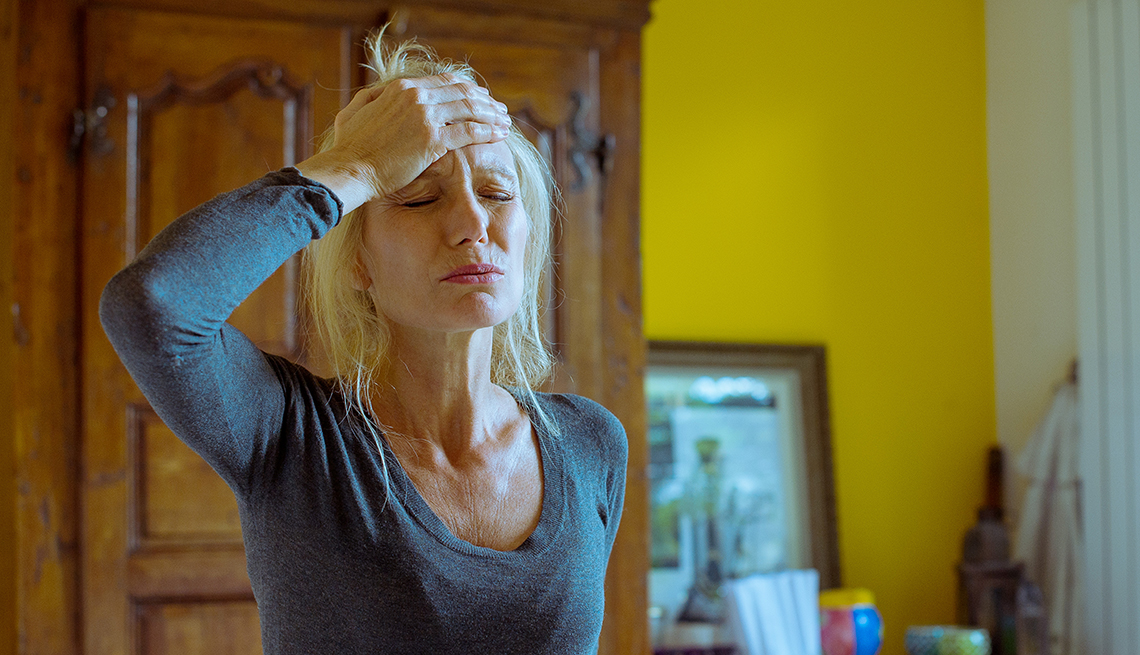
Why summer colds are on the rise and how to avoid them
- Select a language for the TTS:
- UK English Female
- UK English Male
- US English Female
- US English Male
- Australian Female
- Australian Male
- Language selected: (auto detect) - EN
Play all audios:

As part of its advisory, the CDC recommended that physicians test for RSV in patients who have severe respiratory symptoms but are negative for the virus that causes COVID-19. You're at
highest risk for complications from RSV if you have chronic heart or lung disease or a weakened immune system, says Elliott Bosco, an investigator at Brown University School of Public
Health who has researched the virus in long-term care settings. “Generally, when people think about RSV, they think of younger kids … but there's a growing recognition of the effects of
RSV on older adults,” he says. “Older adults, especially if they have a chronic condition, should take extra precautions when RSV is circulating.” SO WHAT WILL FLU SEASON LOOK LIKE?
Although RSV and other common viruses are on the rise, so far the influenza virus hasn't cropped up in any significant way, according to the CDC. But the absence of flu cases over the
past year could lead to a more severe flu season this fall and winter, the agency warned. Doctors say they, too, have concerns about this year's flu season. In the past, milder flu
seasons have generally been followed by one that is more severe. "You get an immune boost when you're exposed to a virus even if you have no symptoms,” Lighter says. “We're a
little nervous about what the next flu season will bring because none of us have had that opportunity for a boost.” That's why it's especially important to get the flu vaccine this
fall, experts agree. HOW TO — HOPEFULLY — KEEP COLDS AT BAY To stay free of circulating colds, experts recommend following the same precautions that protect you from COVID-19: avoid close
contact with people, wash your hands regularly and consider wearing a mask, especially if you are spending time in a crowded indoor space. Most respiratory viruses, like the coronavirus,
spread through airborne droplets, but there's evidence that RSV in particular lingers on surfaces and can be transmitted that way as well. "The washing-your-hands piece is
particularly important because RSV can persist on hard surfaces,” Bosco says. “I know we're all ready to get back to reality. But people who are at higher risk should continue to take
precautions." _Michelle Crouch is a contributing writer who has covered health and personal finance for some of the nation's top consumer publications. Her work has appeared in
_Reader's Digest, Real Simple, Prevention, The Washington Post_ and _The New York Times.
